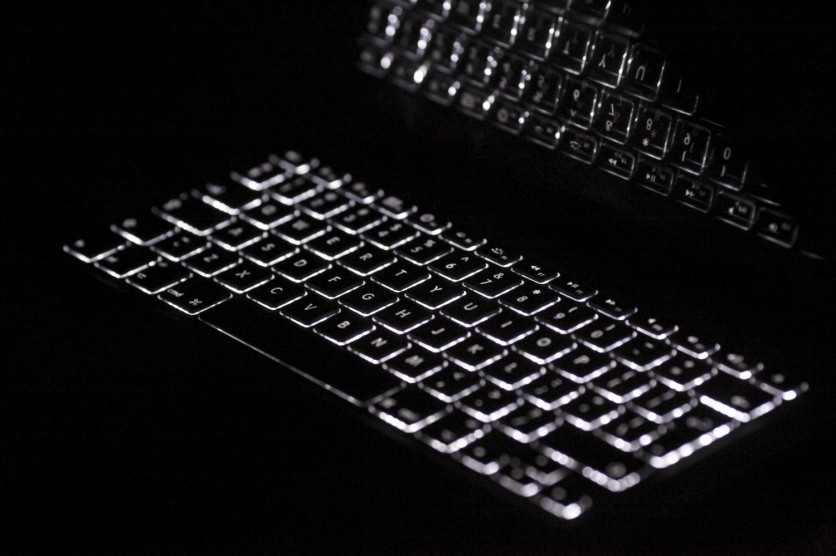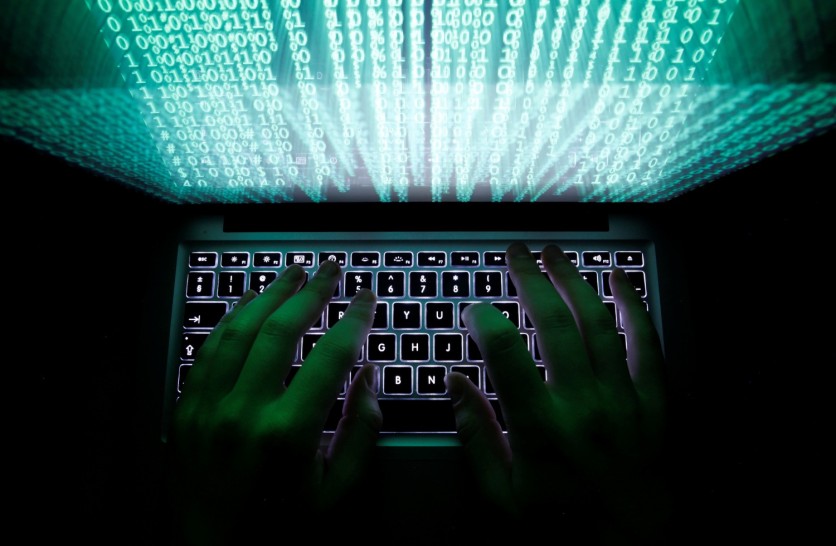
The dramatic growth of teleworking worldwide in response to the coronavirus is raising new questions about the ability and security of the tools many humans used to connect to essential tools and data.
As groups are being forced to respond to the unfolding COVID-19 health crisis, the situation leaves them with no choice but to be susceptible to a data breach. Here's why.
Change in workouts can create new opportunities for hackers

As they an increasing number of going online from home, Americans have to meld their own company with expert tools at a remarkable scale. For employers, the concern is not just approximately ability, but also about workers introducing new possible vulnerabilities into their routine.
Marcus Sachs, a former executive for countrywide protection coverage at Verizon, told CNN all it takes one kid to get electronically infected and spread inside the house.
From there, experts say, malware could quickly soar from a compromised employee's device right into a connected workplace network.
Experts endorse cleaning up on virtual hygiene and protection guidelines as opportunistic criminals are looking to exploit the coronavirus crisis.
According to the Seattle-based information safety enterprise DomainTools, hackers are an increasing number of growing coronavirus-associated websites, apps, and tracking equipment intended to entice folks who are actually seeking facts. These apps indeed spread malicious software that can lock your tool.
ALSO READ : [BEWARE] New Malware Strains Trickbot and Emotet Can Bypass Antivirus Software! Here's its Trick!
A big challenge for federal computer systems
Meanwhile, federal officials, lots of whom are already overloaded as they scramble to coordinate the government's response to the coronavirus, are increasingly being requested to go browsing remotely.
Just over a third of federal personnel teleworked in 2017, according to US government data. Over half did not do it, either because they were not permitted for it or because their job calls for that they be physically present.
In 2014, for example, the Federal Communications Commission began transitioning to virtual desktops. That year lets in personnel to do their jobs remotely from a virtual pc that exists only online. All they want to do is log in, and it is as if they're sitting at their regular desks.
Experts word there is a massive quantity of Americans who may have trouble with telework because they have a poor net connection at home. Federal studies say at least 25 million Americans don't have broadband at home.
Others may not have access to office computing devices that they could take domestic with them - either due to the fact they were never anticipated to work remotely, or perhaps because their work may be extraordinarily sensitive.
ALSO READ : Spying on Coronavirus: Governments Tries to Temporarily Revive Spy Tools To Fight COVID-19
How the intelligence network is adapting
Agencies have already enacted protection measures and made leave policies flexible. In a report by CNN, the Office of the Director of National Intelligence -- which oversees 16 distinct intelligence agencies -- said it is "reducing workforce contact88 through a range of alternatives along with staggered shifts, flexible schedules, and social distancing practices."
In a business that needs 24/7 attention, the agencies "are also developing and enforcing appropriate reaction plans," an ODNI spokesperson added. However, former National Intelligence Council chairman Greg Treverton said dealing with COVID-19, however, is a contingency for which the IC in no way prepared.
Jamie Barnett, a retired US Navy rear admiral, stated some very senior army and authorities officers who desire to do secret work from their house could have limited facilities. Hence, the high ranking officials need to take some grappling over the new setup.
The rise of cloud computing means many workplaces are in a much better position for telework than they were even a few years ago, consistent with a former official. Gordon Bitko, a former FBI chief facts officer, presumed a huge percentage of government personnel might not be able to remotely get admission to their systems or do anything from home if the pandemic took place five years ago.
ⓒ 2026 TECHTIMES.com All rights reserved. Do not reproduce without permission.




